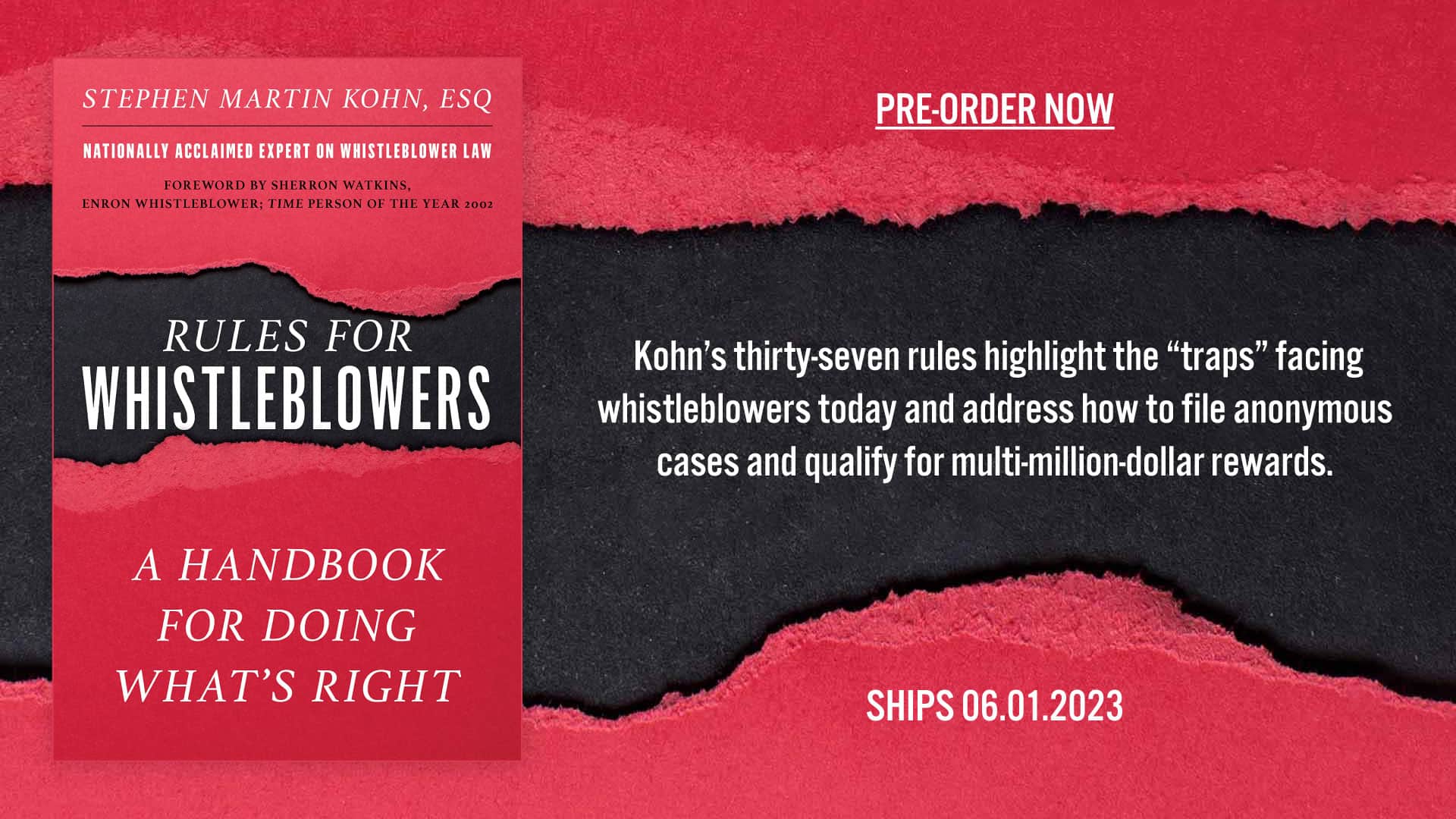If a whistleblower decides to file a reward claim through the AML program, they will need to provide original information to regulators, which must consist of strong evidence – enough to initiate an investigation and/or prosecute persons or banks involved in money laundering.
However, the AML Act’s whistleblower law is extremely weak. Filing a reward claim based on AML violations is extremely complex, as there are at least three reward laws that may be applicable to the claim, and each has separate filing rules. Also, the Secretary of Treasury has yet to publish rules concerning the newly enacted AML Whistleblower Law, which took effect January 1, 2021, which makes it even more precarious.
Given the unrestricted nature of the Anti-Money Laundering Act’s whistleblower reward provisions, it’s strongly advised whistleblowers file for rewards under programs that offer a minimum reward and protection. This includes the IRS whistleblower reward program, and the Dodd-Frank Act, which includes both the SEC and CFTC whistleblower reward programs.
Exposing a money laundering scheme to the media may be dangerous and is not recommended – especially for foreign citizens. Whistleblowers are advised to contact an experienced whistleblower attorney if they have questions about a potential case.



